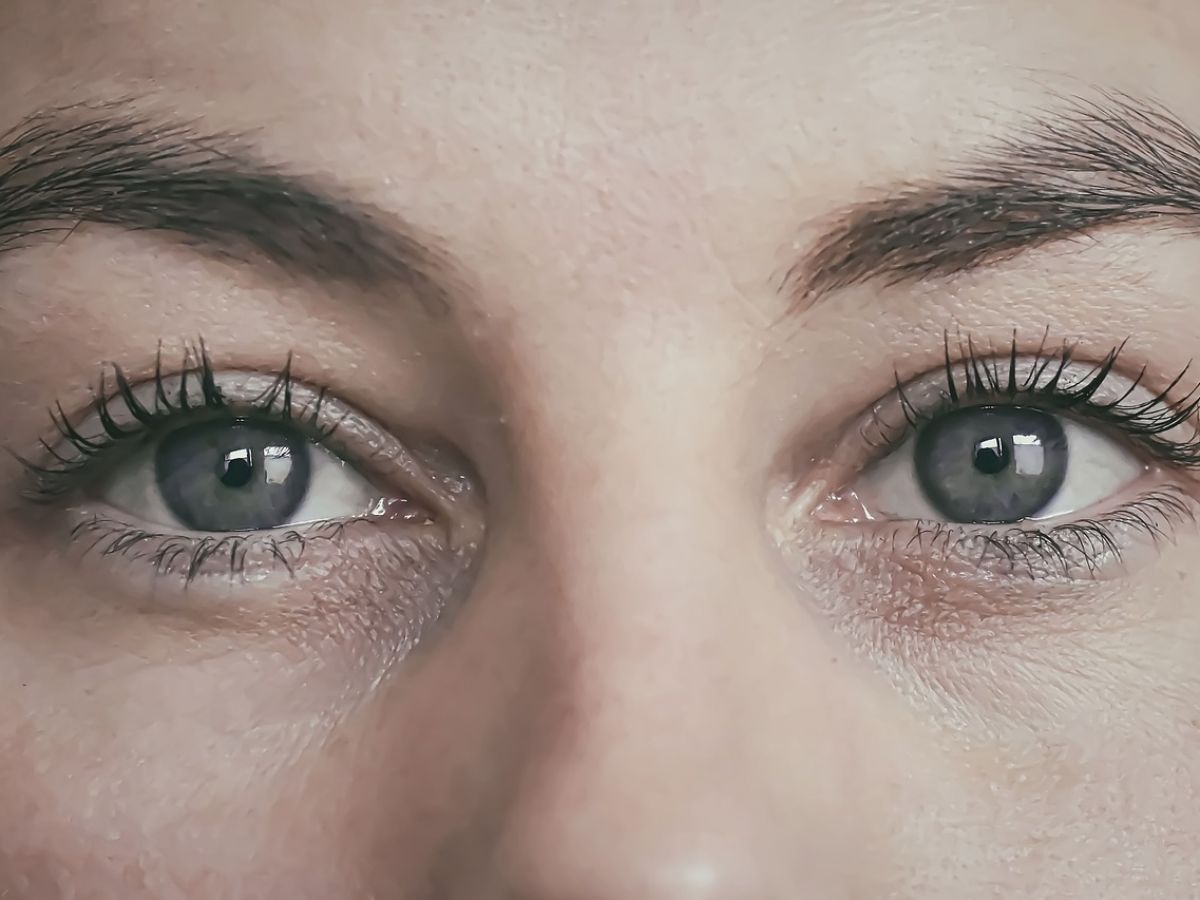Three new deaths "linked to chikungunya" have been recorded in Réunion, bringing the number of deaths since the start of the epidemic to nine, Public Health France announced in its weekly bulletin on Wednesday.
"Since the beginning of the year, nine deaths occurring between weeks 11 and 14 (from March 10 to April 6, editor's note) in people over 70 years old with comorbidities have been classified as linked to chikungunya," the health agency said, adding that "nine other deaths," including one neonatal, are currently under investigation to determine whether they are linked to the virus.
The epidemic is "stabilizing at a high level of transmission," adds Public Health France, according to which more than 39,000 confirmed cases of chikungunya have been reported in Réunion since the beginning of the year.
From April 7 to 13, the last week for which data is available, 350 emergency room visits were recorded compared to 289 the previous week, an increase of 21%.
The number of confirmed cases recorded over the same period has fallen, from 6,237 to 4,304, but Public Health France specifies that this number has not been consolidated and that it could therefore turn out to be higher.
In total, "47 serious cases of chikungunya have been reported, mainly in elderly people or infants requiring intensive care," the health agency said. These cases included 27 adults over 65, three people with comorbidities, and 17 infants under three months old.
So far, 261 hospitalizations lasting more than 24 hours have been reported, nearly half of which involved people over 65 years old, and a quarter of those under 6 months old, the health agency said.
There is no specific treatment for the disease, but a vaccination campaign was launched in early April. Some 40,000 doses of the Ixchiq vaccine, the first to receive marketing authorization in Europe, have arrived in Réunion, and an additional 60,000 doses have been purchased.
But the campaign is "off to a slow start," with around 3,000 people already vaccinated, the director general of the regional health agency (ARS), Gérard Cotellon, told Emmanuel Macron on Tuesday during a visit to the island.
According to Health Minister Yannick Neuder, who was also on site, "around 120,000" people may have been infected with chikungunya, a disease transmitted by the tiger mosquito.
Prior to the current outbreak, no cases of chikungunya had been reported in Réunion since 2010. A major epidemic there affected 260,000 people and caused more than 200 deaths between 2005 and 2006.
